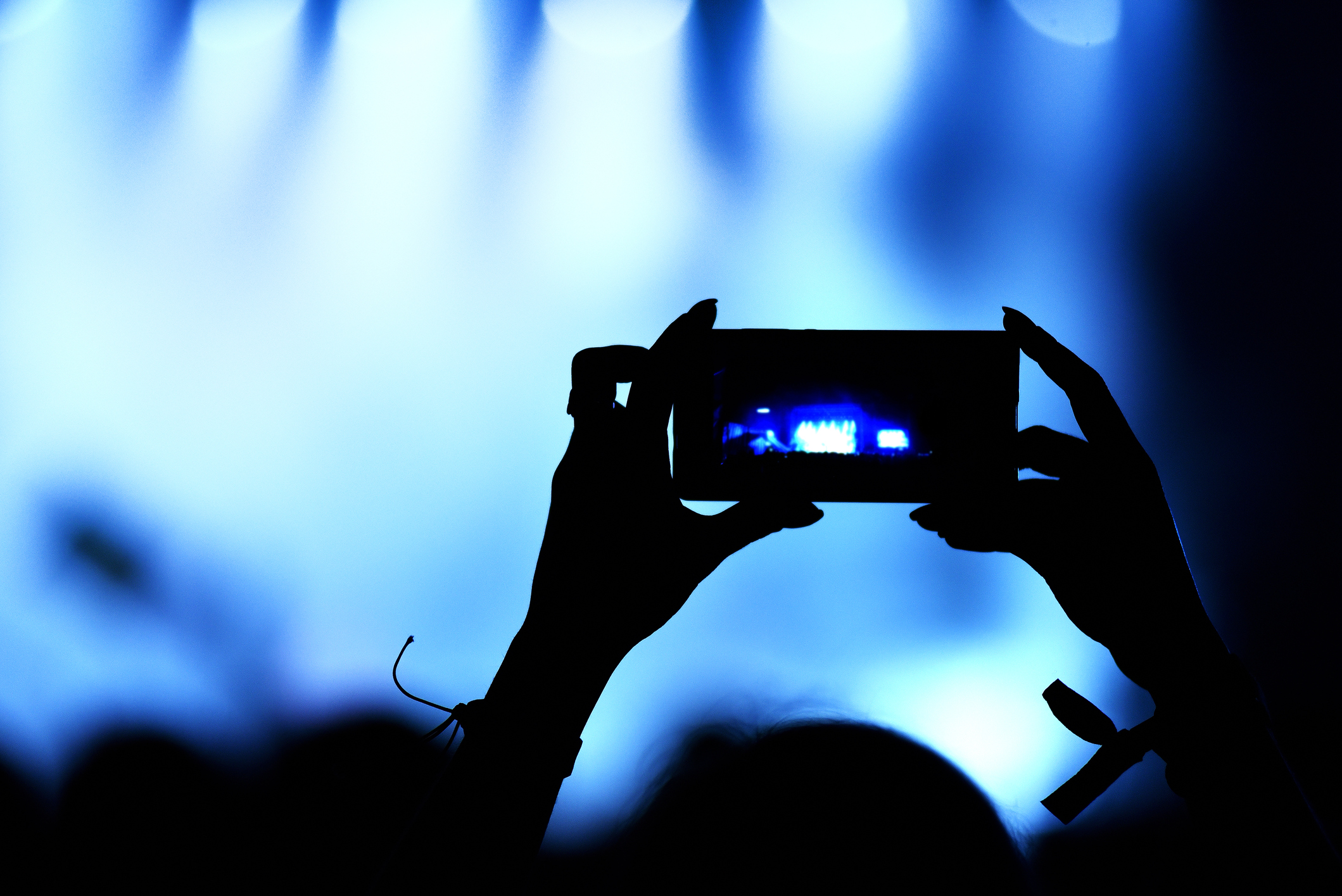Apple was the first technology company to tell us what it would take decades for so many of us to learn: technology doesn’t just change what we do. It changes how we think. The first commercial for the Macintosh showed us in a graphic image—that hammer slamming through a screen—what later Apple marketing would tell us in simple words: We would “think different” because our technology would show us how.
But how would we think different? It turned out that what would change us the most would not be, as was an early fear, that we would think algorithmically, that our thought processes would mirror the programs that make our computers hum. No, what ended up making the critical difference was how our new devices compelled us to spend more and more of our time with them. We were vulnerable and our every vulnerability was exploited.
Our phones make us promises like gifts from a benevolent genie: You never have to be alone. You will always be heard. You can put your attention wherever you have to be. You will never have to be bored. But as in all fairytales, each of these gifts had its costs. We learned to talk not listen. We forgot how to put ourselves in the place of the other. We got used to the pace of the “feed,” the stimulation of constant connection. Children grow up in a mindset of “I share therefore I am.” They would rather text than talk because it asks for less emotional energy and demands less vulnerability.
We fell in love with the psychological bubble our phones provided. And those who made our phones understood this. They made our phones ever more compelling.
Apple’s first insight was right. Technology changed our minds. We are so used to being with our devices that we become uneasy with each other. A recent study showed that a majority of American adults when they are together with other people feel that the people around them “are not necessarily with them.” Our phones have taught us to be alone together.
At its current developer’s conference, Apple has done something true to its founding vision. It has admitted: We have gotten into your head. And now we will work with you to take this seriously. Now, in its new operating system, your iPhone can tell you how much you have used it and for what. It can tell you if you have picked it up after you have set a designated hour as your bedtime. You can set limits on how much time you want to devote to particular apps and your phone will tell you when you have hit your limit. You have greater control over notifications so you are not constantly distracted. There has been a Do Not Disturb feature available on the iPhone since 2012 but it has been made easier to use and with one touch you can block all interruptions across all your devices. You can choose to see all of your notifications at once, so you are not distracted through the day.
Apple is in a special position among the technology giants. Its success does not depend on how much time its customers spend with its phones, just on buying its devices. That means that it can lead on one of the defining issues of the digital technology revolution: Technology can beguile and distract us. It can make us forget what we know about life, even something so simple as the need for undistracted time, for sleep, for work, for intimate conversation.
Apple is not changing how its technology seduces. That would be a next step. It is taking the first step. It is saying: We promised you a technology that would change your mind. We delivered. Now we will give our customers some basic tools to confront the human consequences of what we created.


